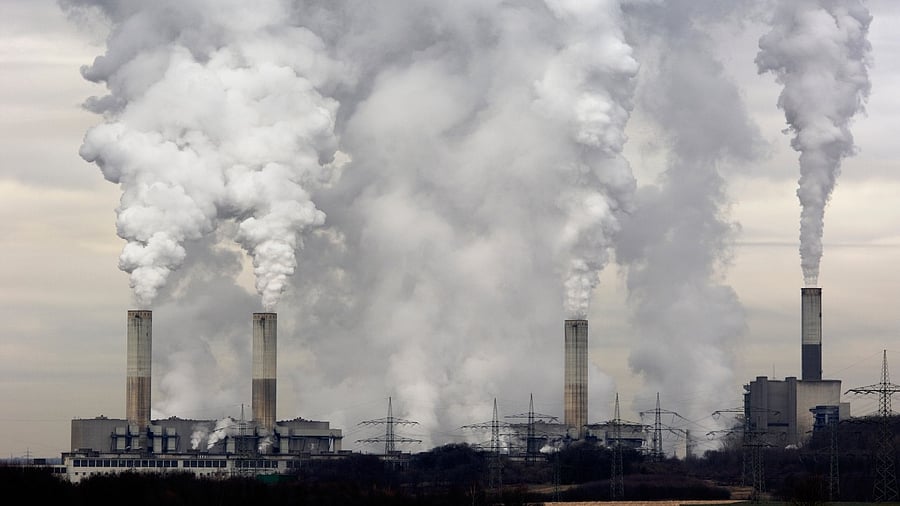
The visit of US President Joe Biden’s climate envoy, John Kerry, to India was part of the initiatives being planned by the US to give a push to the fight against climate change and take it to a higher level by prompting individual countries to improve on their current action plans. The US is active in climate diplomacy ever since Joe Biden announced its return to the Paris Agreement. India will have an important role in the scheme because of its size and emission status. Kerry’s meeting with Prime Minister Narendra Modi was a sign of the importance both countries attached to climate action. Kerry appreciated India’s performance and offered US support for India’s action plan by facilitating access to green technologies and finance. The Prime Minister welcomed this and reiterated India’s commitment to meeting its nationally determined contributions under the Paris Agreement.
But with the US taking more interest in climate initiatives and concern increasing in the world over climate catastrophes, India and many other developing countries may be called upon to do more. A new emission target, which is described as net zero emission or carbon neutrality, has found favour with some countries. It means achieving a balance between emitting carbon and absorbing carbon from the atmosphere, and marks a shift from the idea of emission reduction, which is the norm now, to zero carbon addition. The thinking behind this is that a more effective target should be set because the climate change situation is worsening and reduction strategies have not worked. The US has said that it would achieve carbon neutrality by 2050, and China has proposed for itself a deadline of 2060. At least 58 countries have declared zero emission targets. So, there will be pressure on India to set a timeline for itself.
India has not made its strategy known, but will find it difficult to accept a zero emission target at the present stage of its development. The country’s energy needs are fast expanding and it will not be able to make a major shift from conventional energy to renewable energy very soon, even though its energy basket is changing. China is in a position to consider a timeline but India and many other countries cannot think of it now. Such a proposal will also go against the principle of "common but differentiated responsibility”, which stipulates that developed countries must pay for their historically high emissions which have created the present situation. Or they should finance and support with technology the entire shift to the new norm. This is not bound to happen. But the idea will be discussed in this month’s virtual international summit and in the CoP (Conference of Parties) 26 in Glasgow in November this year.
